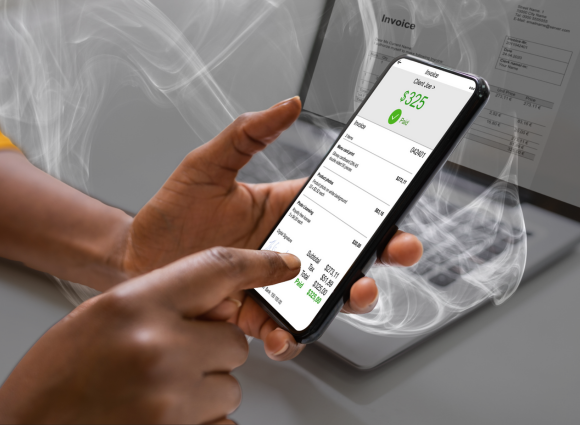
Should Your Organization Offer Earned Wage Access?
It’s no secret that many employees struggle with making their funds stretch until to payday. Earned wage access (EWA) is an employee benefit that has emerged in recent years as a way for employees to meet their financial needs in the middle of a pay period. Without EWA, employees in need of ready cash might turn to payday loan services or overdraw their checking accounts – both of which incur high fees.
How Does EWA Work?
EWA programs are offered by a variety of vendors with different fee structures, but the basic concept is the same:
- Employee Request – The EWA vendor provides a method for an employee to request a certain amount or percentage of their accrued wages, usually within specified limits (i.e., up to 50% of earned pay). Depending on the vendor and the employer’s program, limits are also set on how frequently an employee can request EWA within the same pay period.
- Earned wage access is not an employee loan, but an advance against current earnings. Generally, the EWA vendor is provided with access to the organization’s timekeeping system in order to calculate pay and time worked as of the date of the EWA request.
- Payroll taxes may withheld from EWA payments to ensure funds are available to pay tax deposits.
- Payment – The EWA provider takes on the liability of paying the employee. Funds can be deposited to the employee’s bank account, a prepaid debit card, or the employee’s existing pay card solution. Some EWA vendors set up a separate bank account in the employee’s name. Direct deposits to an employee’s bank account usually occur within 24 hours, but transfers to external debit or payroll cards may take longer depending on the paycard vendor, and may carry additional fees.
- True Up – When payday rolls around, the employee is paid a reduced amount offset by the EWA deposit and the EWA vendor is reimbursed for any pay advances made during the pay period.
Depending on the program, any applicable fees might depend on how quickly the employee needs the money, with same day deposits incurring fees but maybe not for 48-hour access. Programs vary on whether those fees are assessed to the employee or employer.
Considerations in Offering EWA
Earned wage access is still a new employee benefit and it’s an evolving marketplace. So it’s important to do your due diligence in researching EWA vendors and programs to determine whether it’s right for your organization. Here are some pros, cons, and considerations:
- Is this a benefit your employees need? Do you have a lot of requests for pay advances or employee loans?
- Offering EWA could provide you with a competitive advantage over other local employers, providing higher employee recruitment and retention.
- EWA provides a safety valve for employees experiencing financial pressure.
- Because it’s based on actual earned pay, fees for employees are substantially lower than payday loan services.
- Visit with your payroll service to determine whether they already have a relationship with an EWA vendor.
- Analyze the EWA vendor’s fee structure. Know who’s responsible for paying fees for different types of transactions and whether those fees are reasonable.
- You’ll be providing the EWA vendor with your employees’ confidential payroll information, so you want to be sure the firm is reputable and trustworthy.
- Be aware of your state’s rules on providing early pay to employees. Since this is a fairly new trend, your state may not specifically address earned wage access programs but may have existing rules on providing pay outside of normal pay periods.
- Mistakes happen, so be clear on who’s responsible for making corrections – your organization or the EWA vendor.
- There is some concern among financial consumer advocates whether offering EWA helps or hurts employees. It certainly provides a cash influx to employees when needed, but will some employees fall back on an EWA program as the norm rather than the exception? And if so, is that financially healthy? And if fees are assessed to the employee for each EWA transaction, at what point do those fees rival the payday loan and overdrafts the EWA program is intended to eliminate?
You may be thinking that you could offer an earned wage access program in-house without using an outside vendor, and it is possible. But doing so would increase the administrative burden on your payroll staff and impact your cash flow situation. You’d also need to develop the program from scratch and keep up with applicable laws and regulations.
Whether your organization should offer an EWA program is not a clear cut answer, and will require some thoughtful study. But especially in the restaurant industry, it’s a definite trend to consider. If you’re interested in providing your employees with EWA, Mize CPAs can help. We’re partnering with ZayZoon, an EWA vendor, to offer our clients Wages On-demand and Financial Education. For more information, click here.



